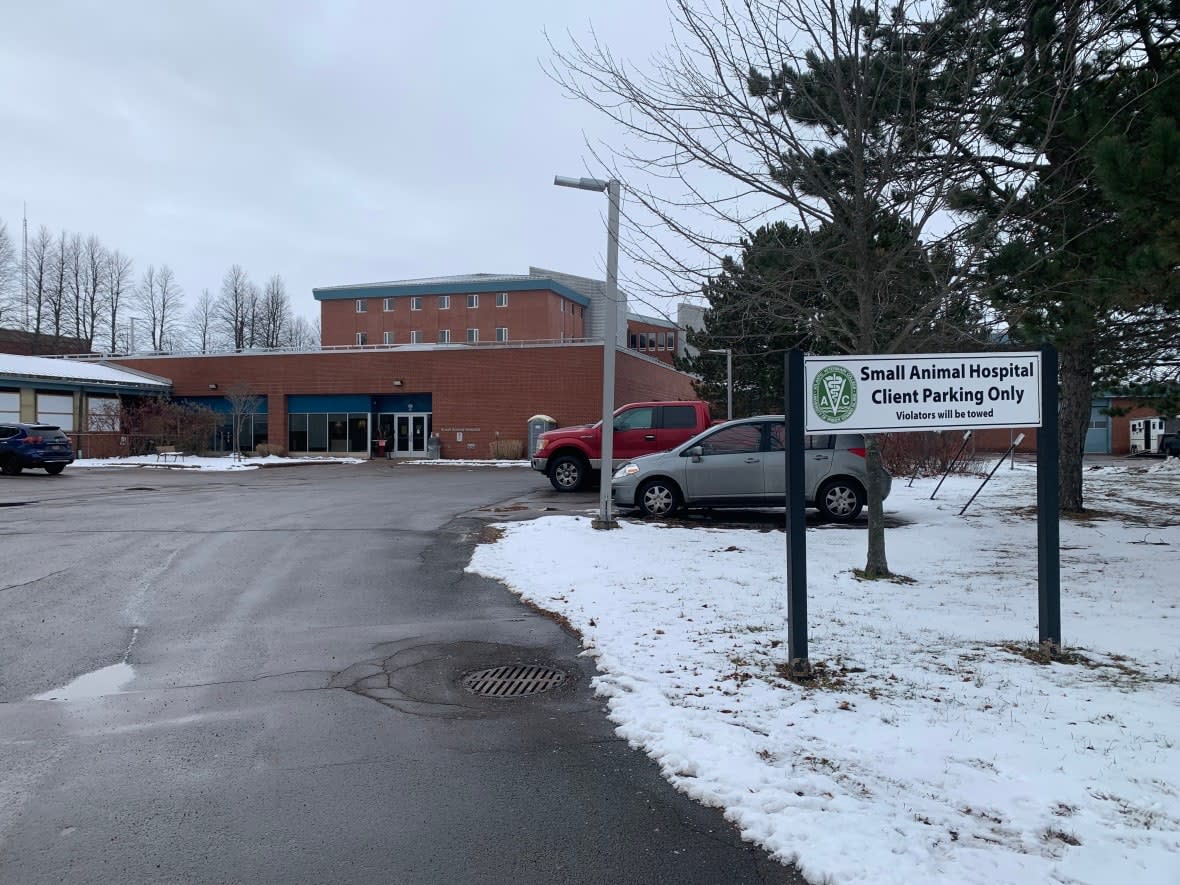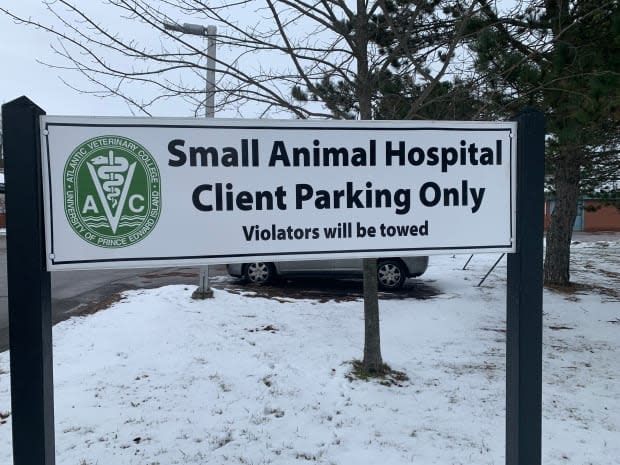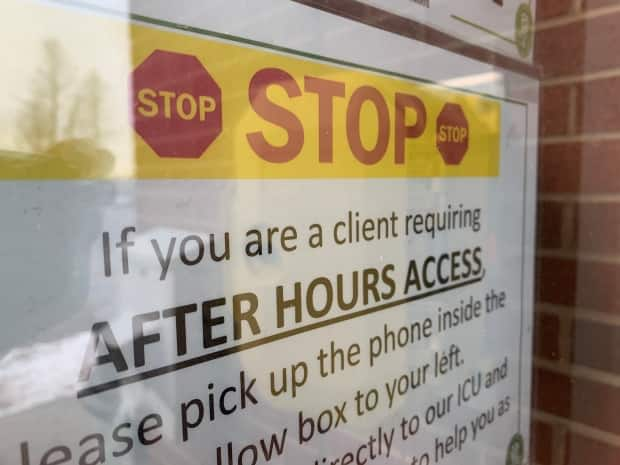Staffing shortage at Atlantic Vet College restricts overnight emergency services

The Atlantic Veterinary College Small Animal Hospital is cutting back its overnight emergency coverage because of staffing shortages.
The hospital used to offer 24-hour overnight service for all clinics across the Island. But as of Jan. 6, pet owners are being asked to contact their primary care veterinary clinic between 11 p.m. and 7 a.m.
Clients whose primary veterinary clinic is the AVC, as well as those who don't have a primary care veterinarian, won't be affected by the changes.
Dr. Heather Gunn McQuillan, assistant dean of clinical and professional programming at the AVC, says the overnight service is being limited because they don't have enough veterinarians and other support staff to keep up with the demand.
"It's a pretty heartbreaking change to be sure, and it's nothing we took on lightly," said Gunn McQuillan, adding in the last year the veterinary staffing crisis has hit P.E.I.
"It's staffing shortages, not enough bodies and a lot of work."

The clinic should have seven vets but is now operating with four. The hospital is also short veterinary technicians and administrative staff.
"We are hoping this is temporary," she said.
COVID-19 effects
The pandemic has created numerous challenges for the small animal hospital.
There has been a dramatic increase in the number of pets who needed care.
At the same time, employees have also had to deal with more in their personal lives — from taking care of kids doing online learning from home, to staff needing days off because they are close contacts of someone who is sick with COVID, or are sick themselves.

"When the pandemic first hit, the pet population just went up, case load volumes went up," said Gunn McQuillan.
She said people are also home more watching their pets and are very aware of their behaviours and need for care.
"We're more vigilant about what's happening," she said.
One veterinarian was also travelling from Ontario, but that became very difficult with travel restrictions.
It has a major impact on the Island veterinary clinics to have to resume this service. — Heather Gunn McQuillan, AVC
Other fill -in staff also used to travel from other provinces.
"Our turnover has been very, very high," she said.
Tough decision to close
Gunn McQuillan was instrumental in starting the overnight service in January 2020, and she said it's been a struggle since opening day.
"Building the emergency clinic was one of my babies," she said.
She said they usually get about half a dozen calls after 11 p.m., but most came in before that.
She said it felt good to build the service originally and to have to close down during the overnight hours feels like she is letting down staff and pet owners.
Impact on other clinics
Pet owners are now being told to call their regular vets during those overnight hours.
"You would rely on your regular veterinarian for emergency coverage," she said.
"It has a major impact on the Island veterinary clinics to have to resume this service. It's challenging."
She notes that the AVC will be open after hours to those who use it as their primary veterinarian, or for pets with not primary care vet, as well as specialty referral care.
Gunn McQuillan hopes they can bring the service back at some point.
And AVC hopes to hire more staff soon and set up a program that could bring in students to help at the hospital too.


